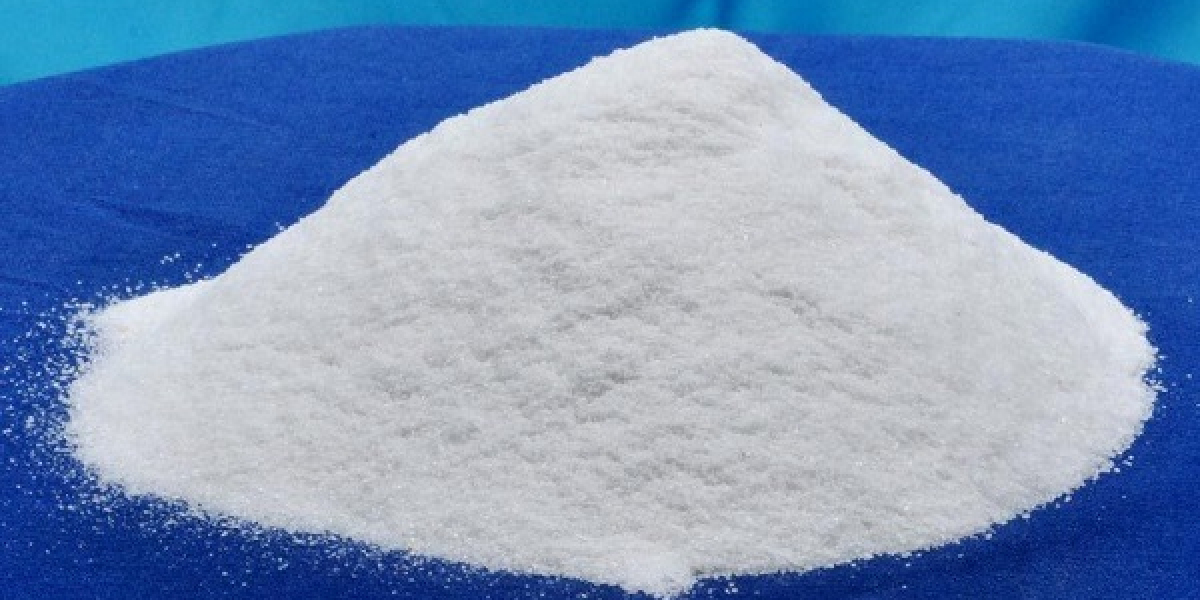Quartz powder is a highly versatile and essential material in various industrial applications, prized for its unique chemical and physical properties. Derived from natural quartz, a hard mineral composed primarily of silicon dioxide (SiO₂), quartz powder is a finely milled version used across numerous industries, including construction, electronics, and glass manufacturing. This analysis explores eight key benefits of quartz powder in industrial applications, shedding light on its effectiveness, sustainability, and versatility.
1. Enhanced Strength and Durability
Quartz powder significantly improves the strength and durability of materials. With a hardness rating of 7 on the Mohs scale, quartz is an extremely resilient mineral. When incorporated into cement, concrete, or other construction materials, quartz powder increases the final product's resistance to wear, abrasion, and extreme weather conditions. This strength-enhancing property makes quartz powder invaluable in constructing buildings, roads, bridges, and other infrastructure projects that demand longevity. Due to this durability, industries commonly seek reliable suppliers, often searching for a trusted quartz powder manufacturer to meet their high-quality requirements.
- Applications: Construction materials, cement, and road infrastructure.
- Benefit: Increased product lifespan and reduced maintenance costs.
2. Exceptional Thermal and Chemical Stability
Quartz powder exhibits impressive thermal and chemical stability, a critical feature for high-temperature applications. This property allows quartz powder to withstand heat without decomposing, making it suitable for use in refractory materials and ceramics that are exposed to intense temperatures. Furthermore, quartz is chemically inert, meaning it doesn’t react easily with other substances, even under extreme conditions. This stability ensures that quartz-based products maintain their integrity, making it ideal for applications in industries like metallurgy and foundries.
- Applications: High-temperature refractory materials and metallurgical processes.
- Benefit: Withstands extreme conditions without compromising material integrity.
3. Excellent Electrical Insulation Properties
Quartz powder is an exceptional insulator of electricity due to its low electrical conductivity. This property makes it suitable for various electrical and electronic applications, such as insulating components in electronic devices and circuits. Industries that require materials with minimal conductivity rely on quartz powder to prevent electrical interference, overheating, or short circuits. Its insulation capability also helps in creating safer electronic components that are less prone to electrical hazards.
- Applications: Electronic components, circuit boards, and insulators.
- Benefit: Reduces risk of electrical failures and increases product safety.
4. Optical Clarity and Transparency in Glass Manufacturing
In glass manufacturing, quartz powder serves as a primary ingredient due to its high silica content. Quartz powder ensures optical clarity and transparency, essential for producing glass products like windows, lenses, and display screens. The high purity of quartz powder allows for minimal impurities, resulting in glass with excellent transparency and clarity. Furthermore, the addition of quartz powder in glassmaking improves the product's resistance to thermal expansion, making it more resilient to temperature fluctuations.
- Applications: Glass manufacturing, optical lenses, and display screens.
- Benefit: Produces high-clarity, thermally stable glass products.
5. Enhanced Abrasive Properties
Quartz powder’s hardness and fine granularity make it an effective abrasive material. Industries use it in various abrasive products, such as sandpaper, grinding tools, and polishing compounds, where it enhances the ability to smooth, clean, or shape other materials. Quartz powder’s abrasive properties are essential in industries like automotive, metalworking, and glass polishing, where fine, precise finishes are required.
- Applications: Abrasives, polishing compounds, and grinding tools.
- Benefit: Provides an efficient, high-quality abrasive solution for precision finishes.
6. Chemical Resistance in Paints and Coatings
Quartz powder enhances the chemical resistance of paints, coatings, and resins, making it a valuable additive in the paint industry. Adding quartz powder to paints and coatings protects surfaces from weathering, corrosion, and chemical reactions. This resistance is particularly beneficial for outdoor applications or environments exposed to chemicals and pollution. By improving the durability of paints and coatings, quartz powder extends the lifespan of these protective layers.
- Applications: Protective coatings, industrial paints, and surface treatments.
- Benefit: Extends product life and reduces frequency of repainting or coating.
7. Cost-Effectiveness and Abundance
Quartz is one of the most abundant minerals in the Earth’s crust, making quartz powder widely accessible and cost-effective. This availability ensures that industries can use quartz powder in large quantities without facing supply shortages. The affordability of quartz powder allows manufacturers to produce cost-efficient products without sacrificing quality, making it an attractive option for industries looking to optimize their budgets.
- Applications: Widely used across multiple industries as a low-cost material.
- Benefit: Reduces overall production costs while maintaining product quality.
8. Improved Adhesion in Polymer and Composite Materials
In the production of polymer and composite materials, quartz powder acts as a functional filler, improving the adhesion and compatibility between different material layers. This property makes it valuable in creating stronger, more durable composites used in construction, aerospace, and automotive industries. The addition of quartz powder improves the mechanical properties of these composites, resulting in products that are lighter yet stronger and more resilient.
- Applications: Composite materials, polymer production, and aerospace components.
- Benefit: Enhances strength, adhesion, and compatibility in composite materials.
Conclusion: A Multifunctional Material with Expansive Industrial Use
The benefits of quartz powder are far-reaching, making it indispensable in many industrial applications. Its properties—strength, durability, thermal and chemical stability, and electrical insulation—demonstrate why industries ranging from construction to electronics rely on it as a foundational material. Moreover, quartz powder’s role in glass manufacturing, abrasives, paints, coatings, and polymers showcases its versatility and effectiveness in both high-performance and everyday applications.
Quartz powder is also readily available and affordable, contributing to its widespread use without incurring high costs for manufacturers. Whether quartz powder is used for enhancing strength in construction materials or providing transparency in glass products, it remains an invaluable resource in various manufacturing processes. By continuously optimizing the production and application of quartz powder, industries can benefit from increased product quality, sustainability, and cost efficiency, making it a material that is both practical and essential in modern industrial applications.
Through a combination of unique physical properties, durability, and cost-effectiveness, quartz powder has established itself as an integral material across many sectors. As industries continue to innovate, the demand for high-quality quartz powder manufacturers who can deliver consistent, high-grade products will only grow, further cementing quartz powder’s pivotal role in industrial advancements.









